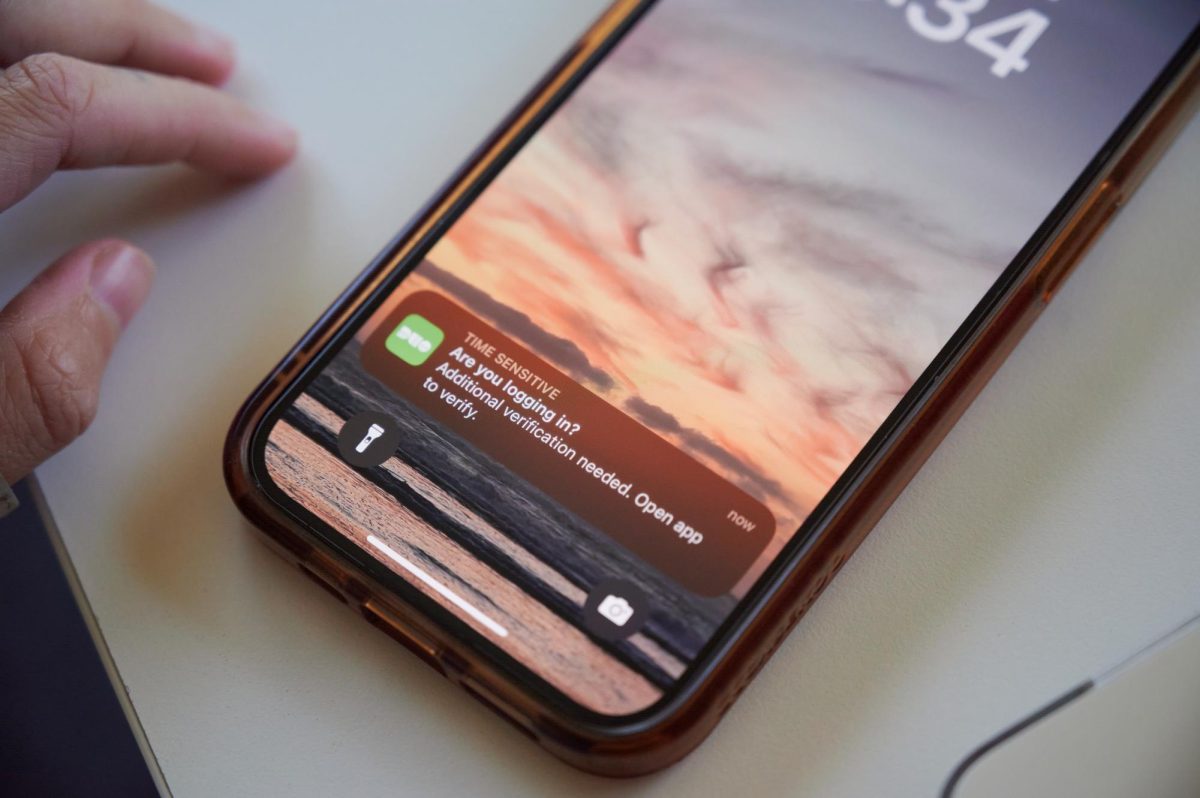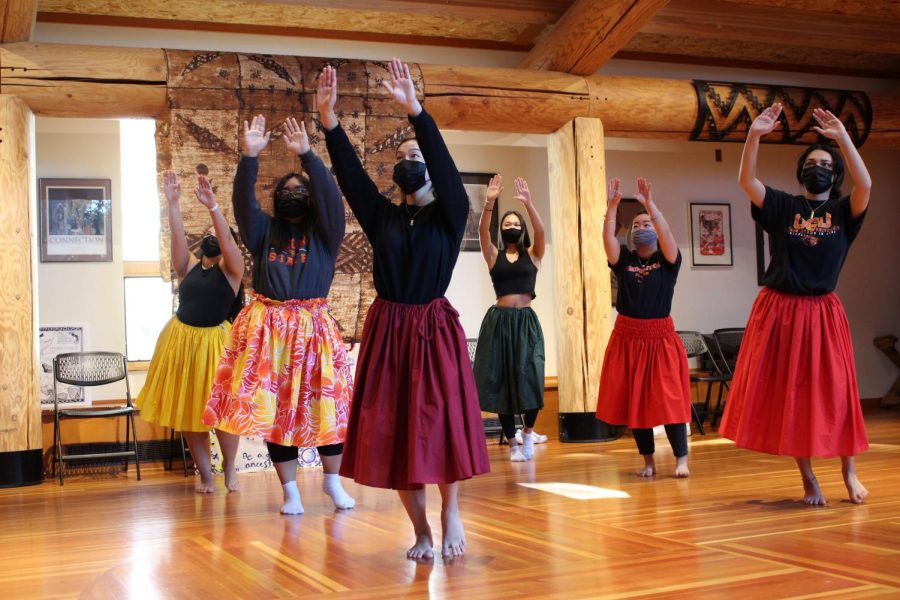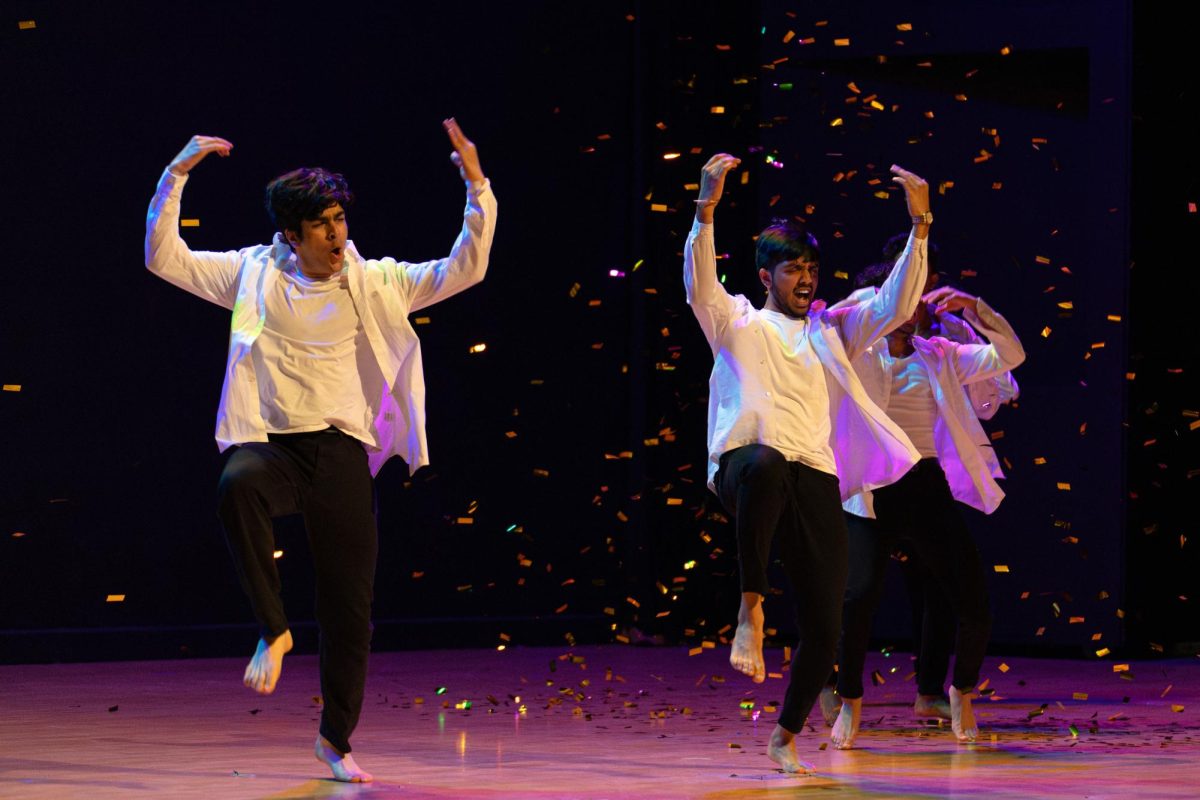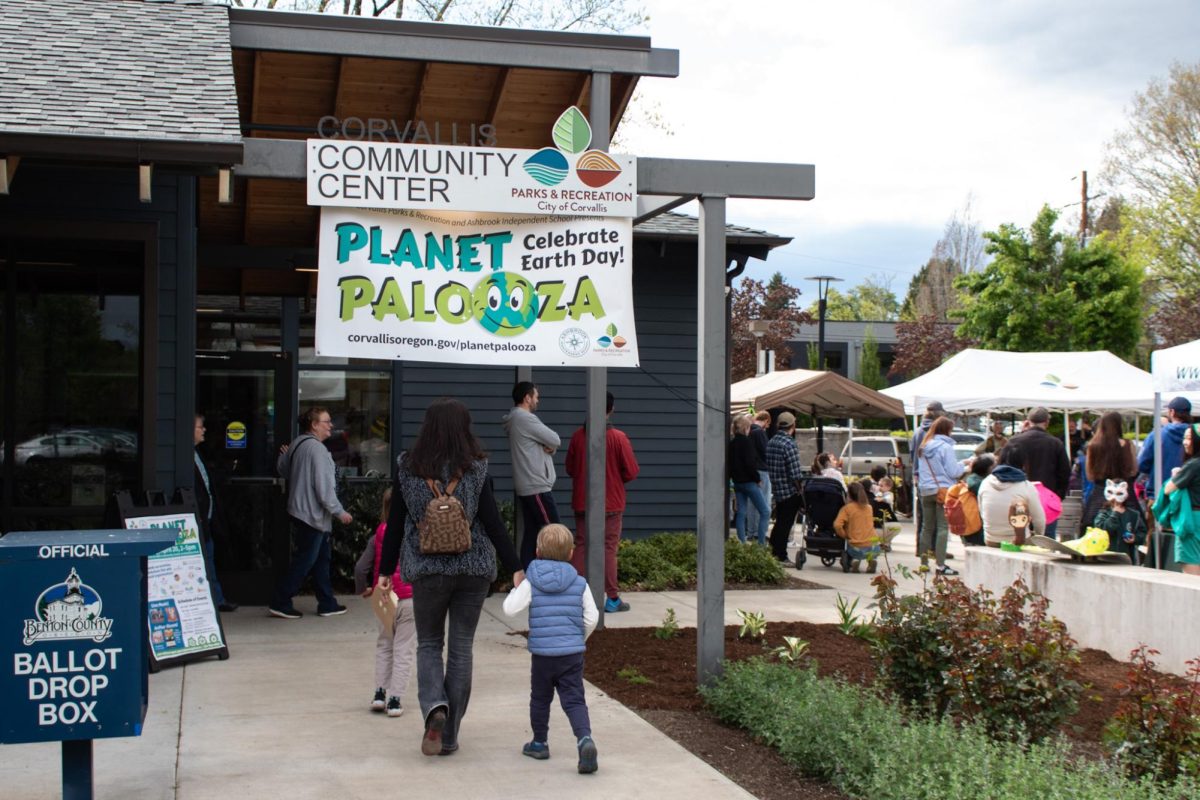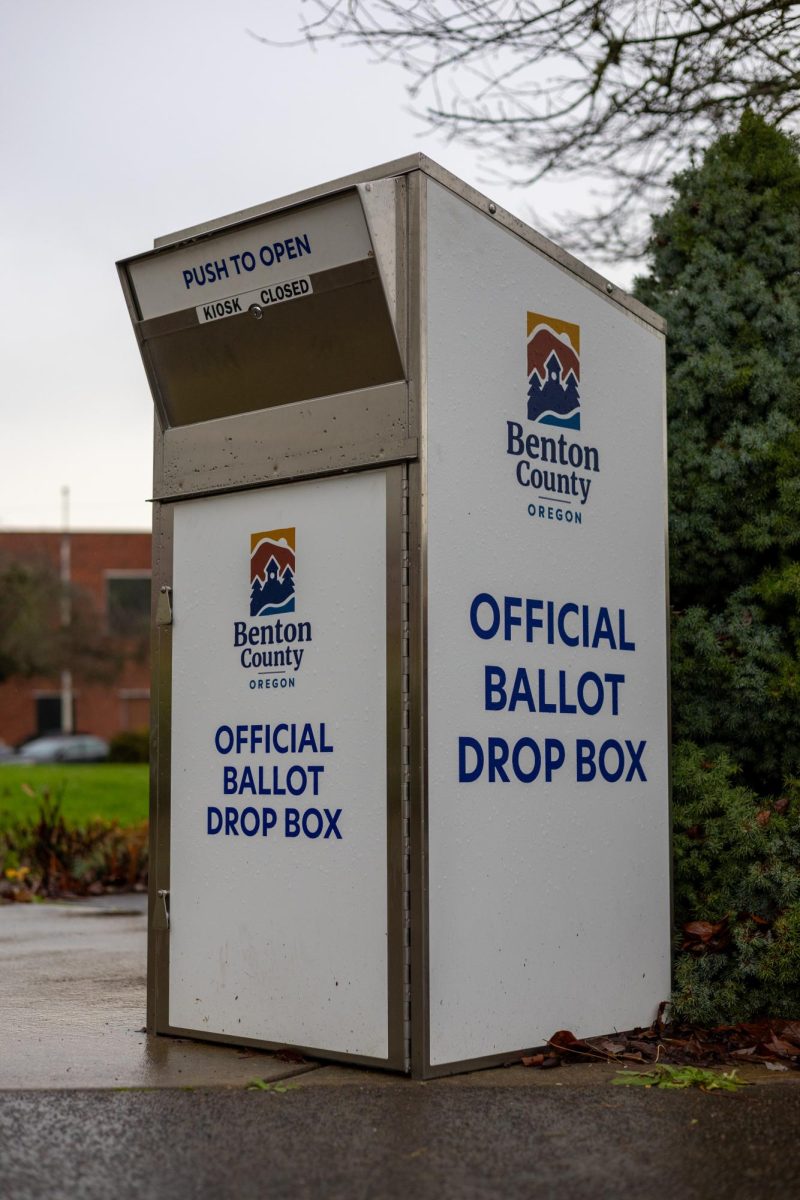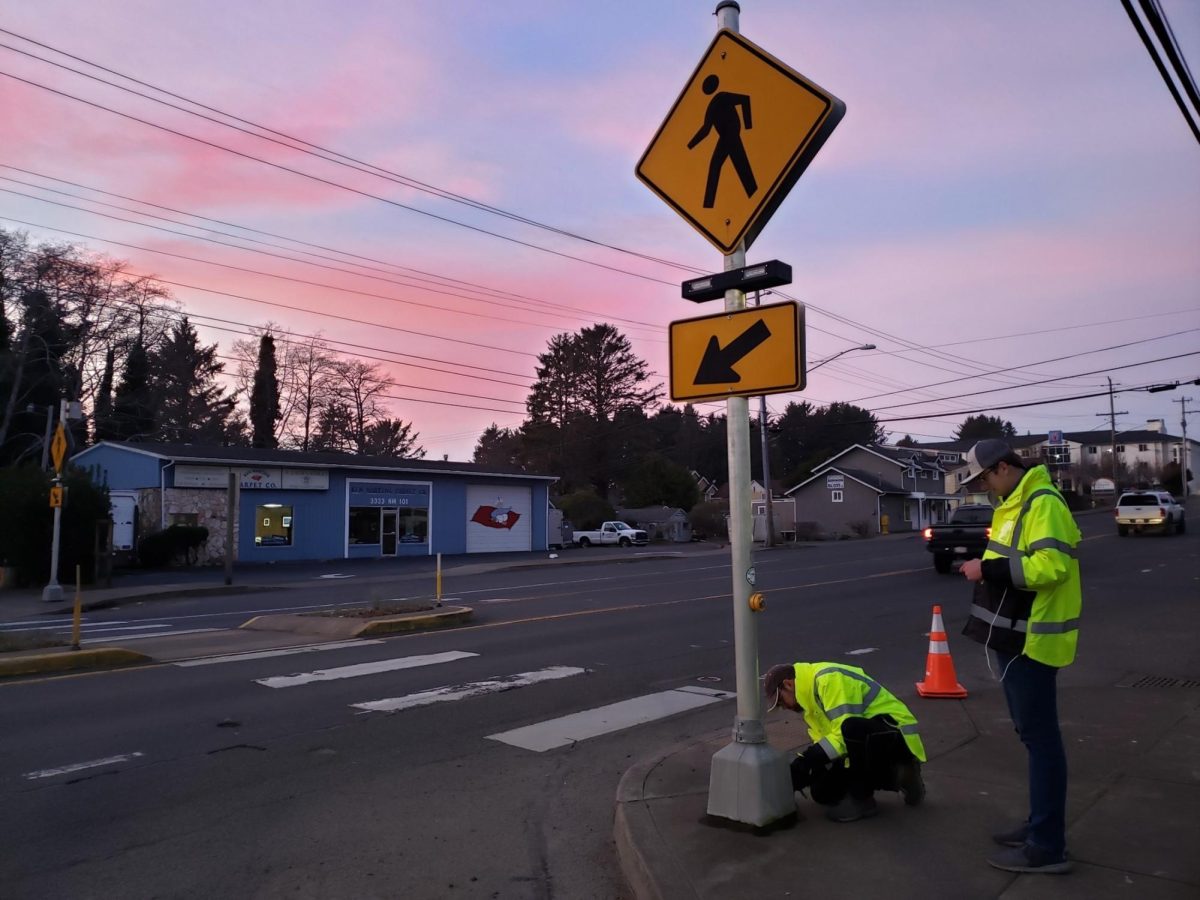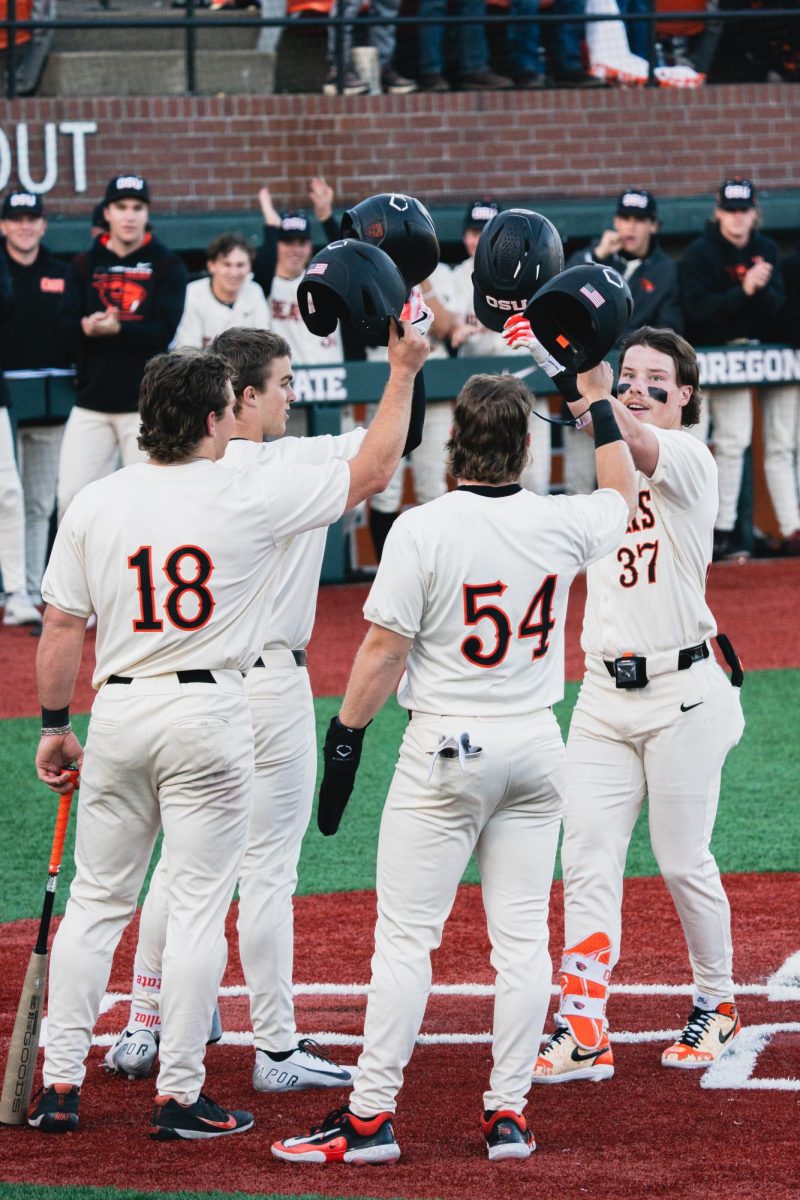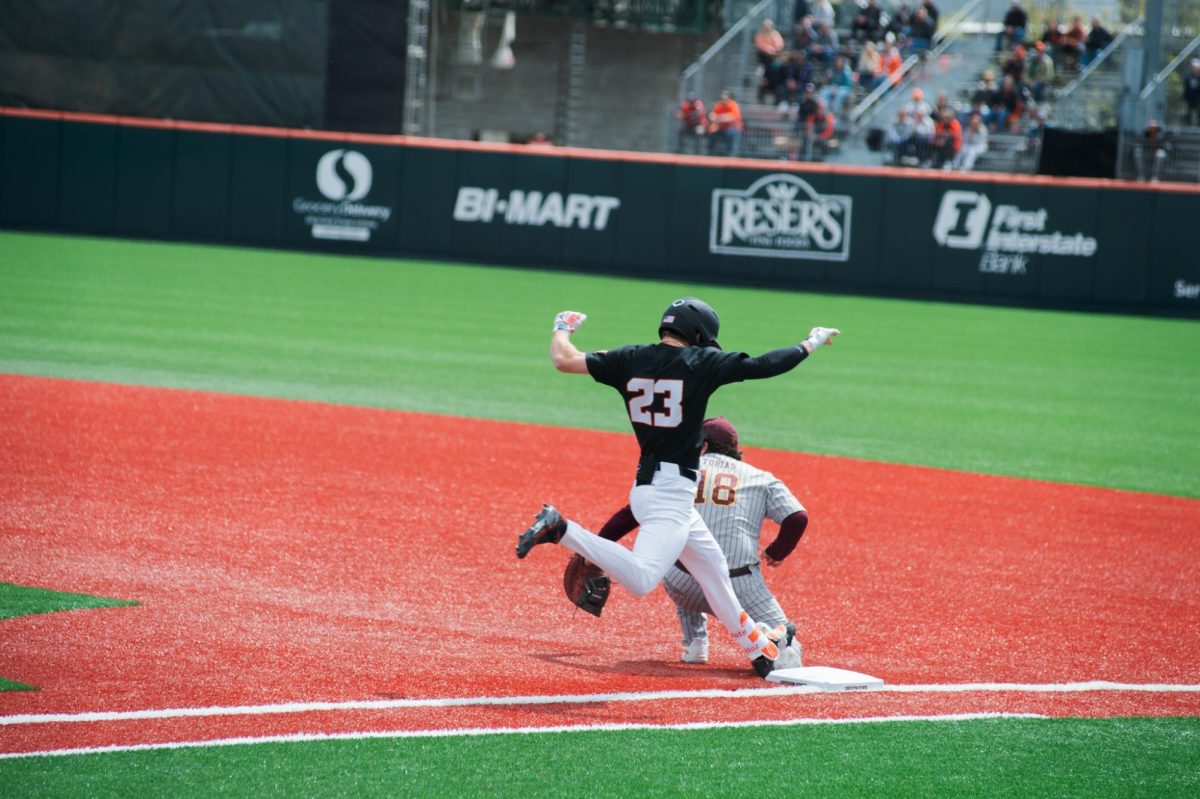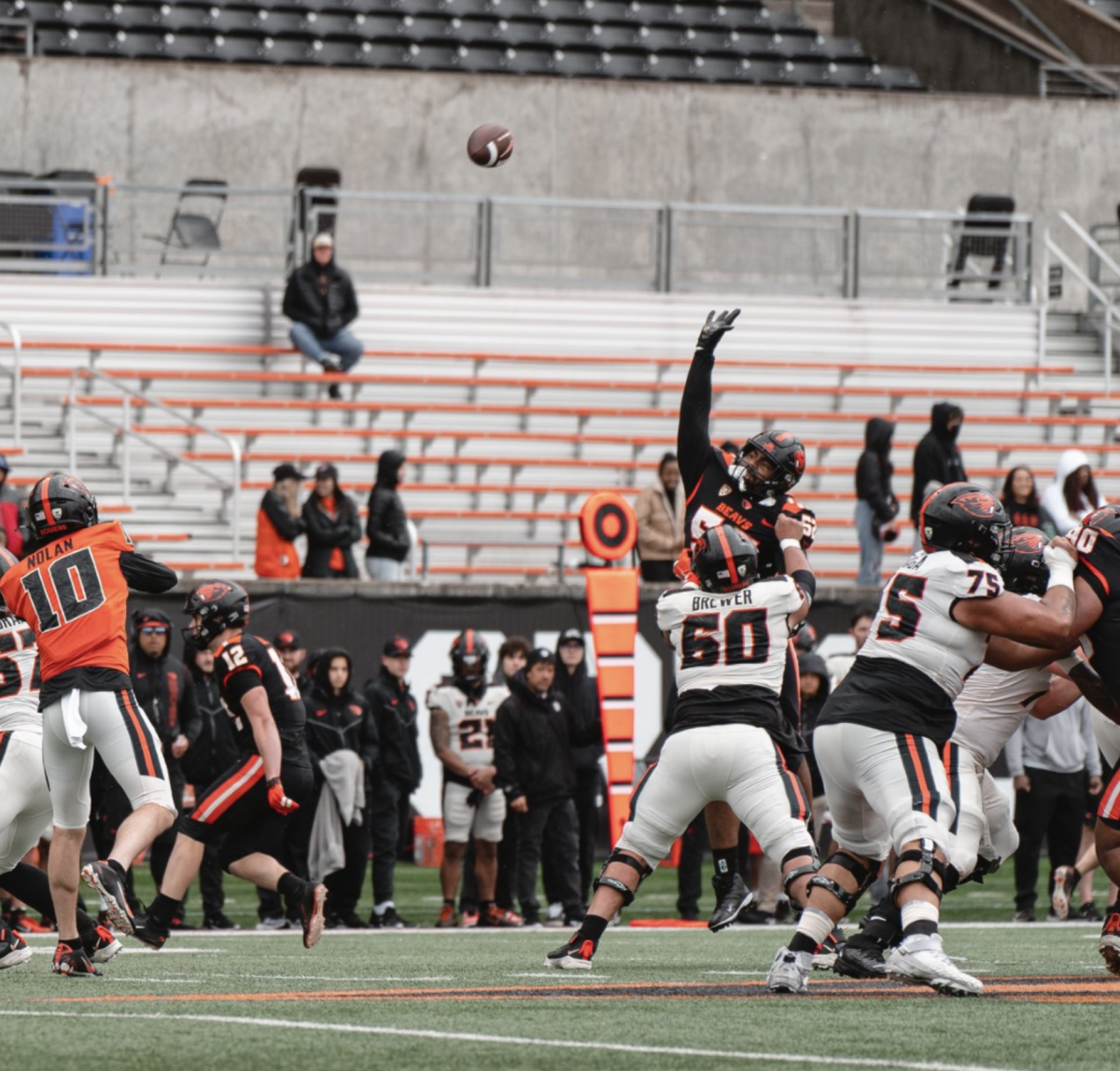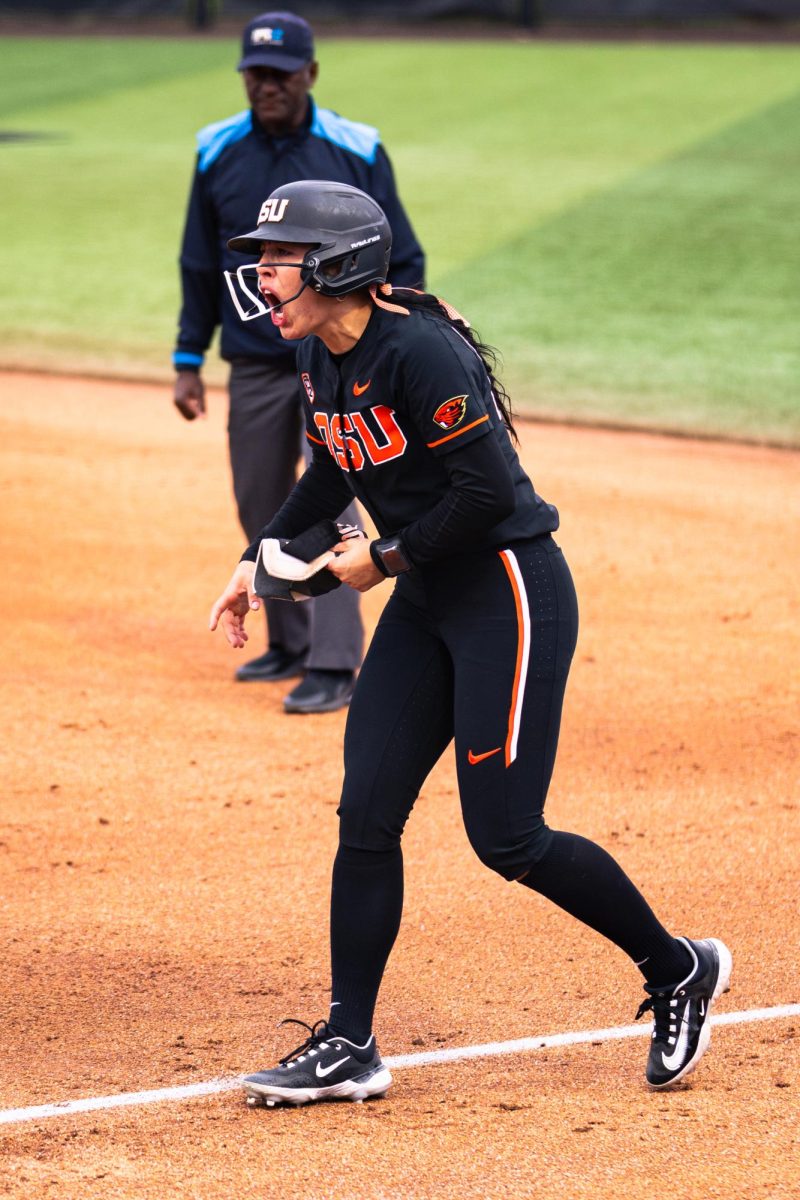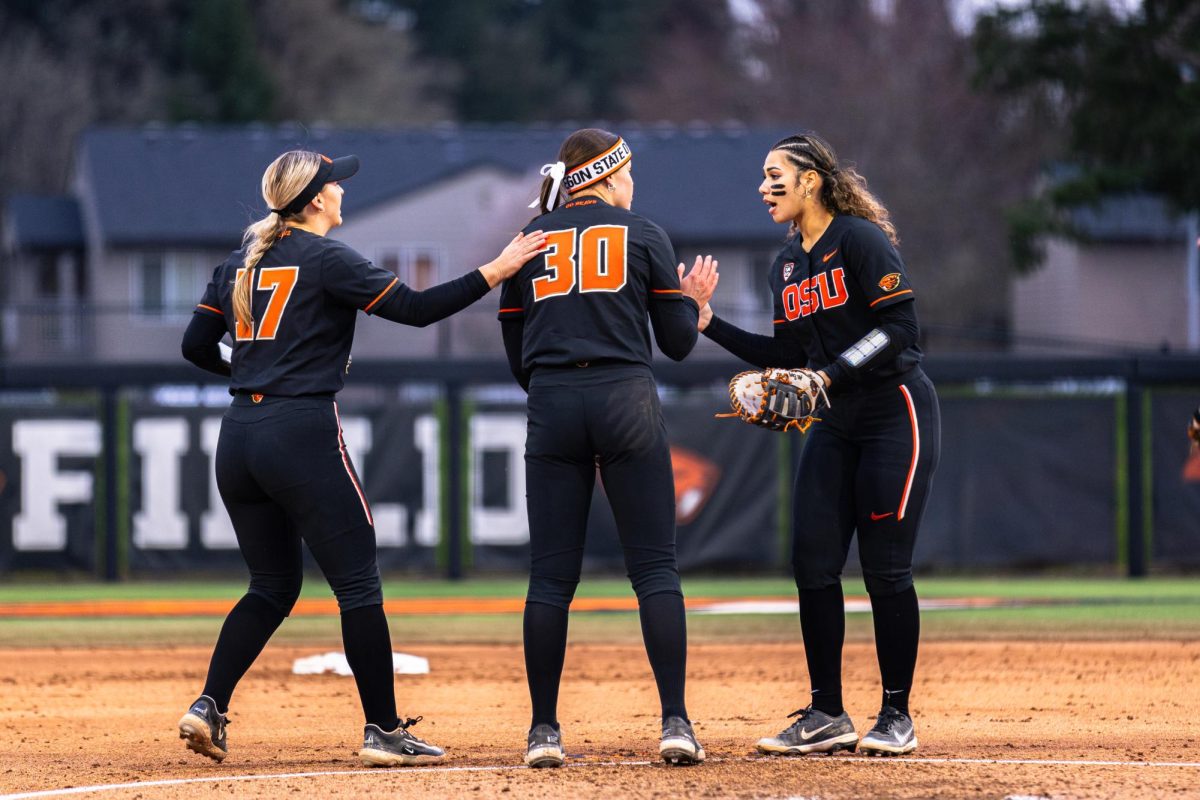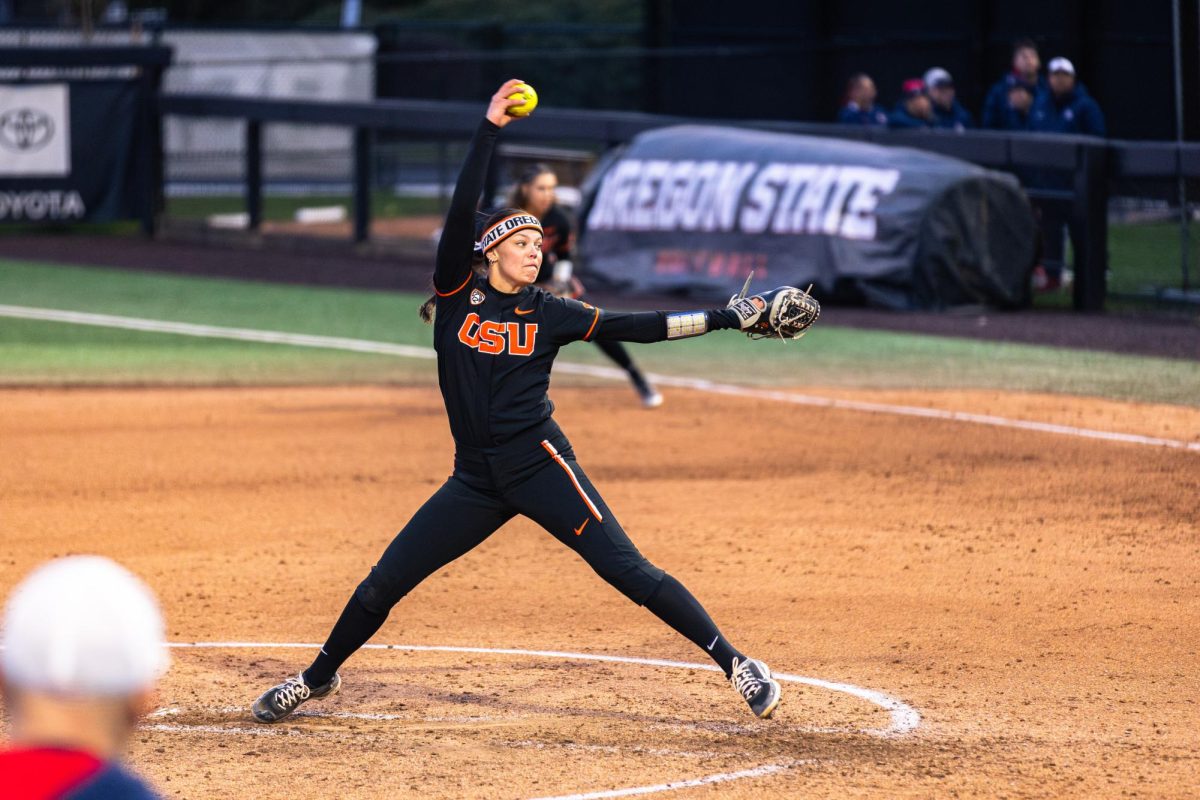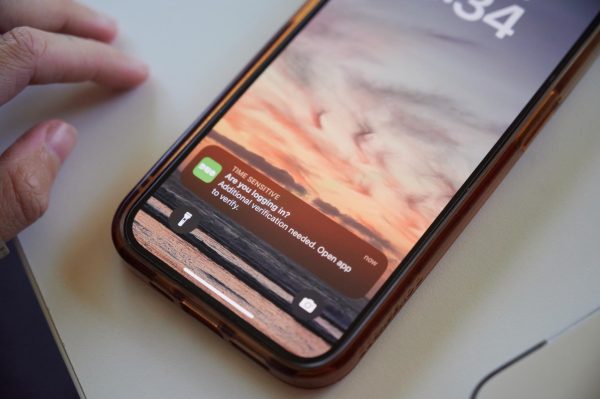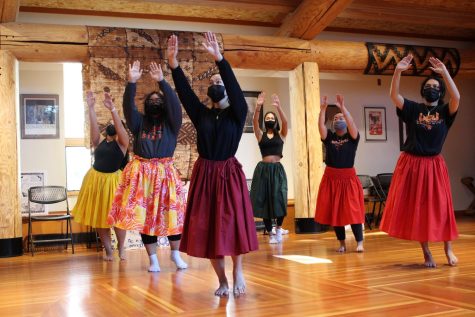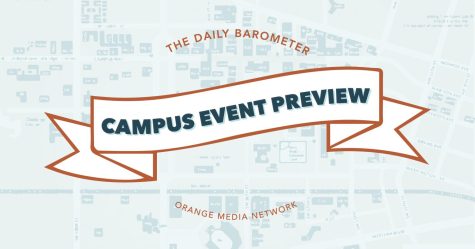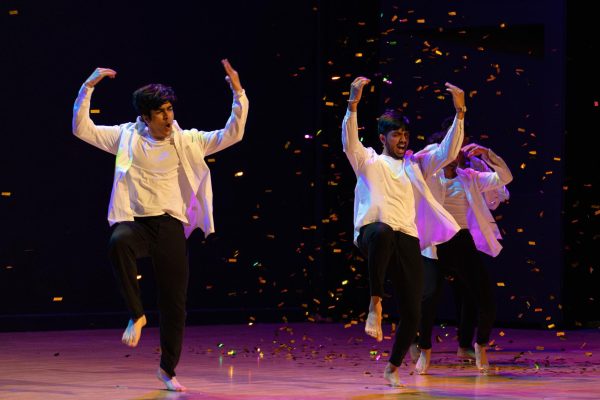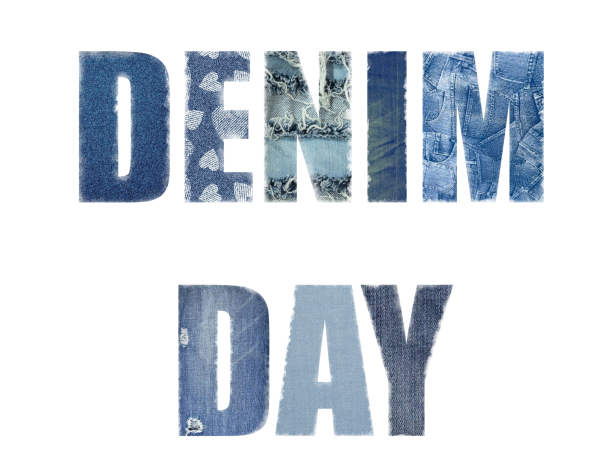OSU offers resources to students with season depression
February 15, 2016
Living in the Pacific Northwest, it is not uncommon to experience several months of rainy, cold weather, especially during the winter. For those that do not like the rain, this can put a damper on their lifestyles and create feelings of annoyance or sadness. For others, the darker months can actually onset an illness called Seasonal Affective Disorder (SAD), better known as seasonal depression.
David Kerr, an associate professor in the school of psychological sciences, explained that SAD manifests itself in a similar manner to other forms of depression in a Mind Spa newsletter from Counseling and Psychological Services (CAPS).
Symptoms of SAD include feelings of hopelessness, loss of energy, changes in appetite and difficulty concentrating. However, unlike other types of depression, these symptoms often only occur in the winter and then fade in the spring. It is estimated that between 1 and 10 percent of people experience SAD every year.
The most effective treatment for SAD, according to Bonnie Hemrick, the mental health coordinator for CAPS, is a combination of counseling and 20 to 30 minutes of daily exposure to the therapy lights. Portable lamps are available at CAPS, the Vet Med library, the circulation desk at the Valley Library and the Graduate Student Success Center.
Hemrick understands that students may not be comfortable coming to CAPS, and wishes that students didn’t have to make the trek to the upper floors of Snell Hall on campus to receive treatment.
“I know it can be a little bit intimidating coming to the fifth floor of Snell, so I wish we were in a better location that was a little bit more centralized so there wouldn’t be a stigma with hitting that button on the elevator,” Hemrick said.
Judy Neighbours, a psychologist and advocate for Student Health Services at OSU, said that students often are hesitant to seek help for their seasonal depression, and feel that by going to counseling they are somehow less than others. However, Neighbours said students should not feel this way.
“In the course of my career I’ve had more ‘normal’ people come in to see me with just life situations that they’re not sure what to do with, and I think people are afraid that going to see a counselor feels like for some people that they’re failing at life,” Neighbours said. “That’s not it at all, everybody—everybody—has situations that they don’t know how to handle.”
According to Neighbours, the effects of SAD can first be seen in students’ relationships, and later as the illness progresses, students’ school work and job performance also suffer. Neighbors went on to explain that the behavioral changes of those with SAD are seen by the people around them.
“People who experience (SAD) take it very seriously because they can clearly identify the patterns that they see,” Neighbours said. “I think that the people around those with seasonal depression are listening to them and validating them say, ‘Yeah I can really tell the difference in them during the winter months.’”
On the OSU campus, there are many resources available to students seeking psychological help. CAPS, located on the fifth floor of Snell Hall, houses several of these resources, including the Mind Spa in which students can access full body massage chairs, a meditation corner and for those specifically affected by vitamin D deficiency, therapy lights that replicate natural sunlight.
In addition to the Mind Spa, students can also receive counseling at CAPS. Counseling is often used to help students identify and understand their seasonal depression or other mental illness and begin the process for treatment and recovery. Students experiencing SAD are given the option to use therapy lights, but also have the option to checkout portable UV lamps for up to two weeks free of charge. Hemrick and Neighbours said that counseling at CAPS creates a relationship where students can feel safe enough to share their vulnerabilities and worries in a judgment-free environment.
“Going to see a counselor doesn’t mean there’s something wrong with you. It also doesn’t mean you’re going to go in and someone’s going to tell you what you’re doing wrong and what you should do differently,” Neighbours said. “It’s going to be a collaboration between the two of you so you can make a decision what you want to do differently, if anything.”
Resources are available at both CAPS and SHS and knowledgeable staff members are there to assist with student’s welfare. According to Neighbours, each student is different, and because of that, each student will receive treatment that fits their situation better, and no one should be judged because of that.
“People are different and cope differently and we need to appreciate that. I know sometimes it’s easy to think this is what I would do, but the reality is you are not them,” Neighbours said. “All of us wear different shoes and I think the more we are able to put ourselves in other people’s shoes and their experiences the more we can understand them.”


